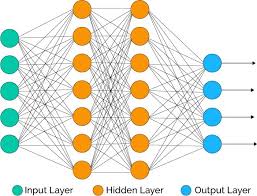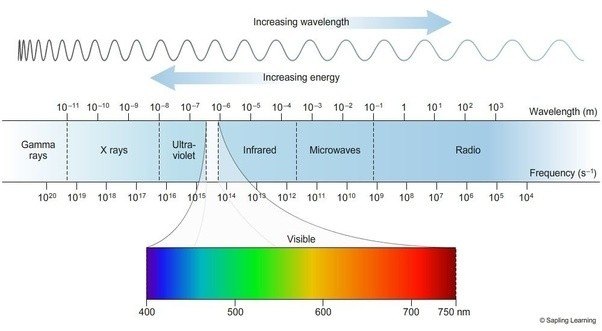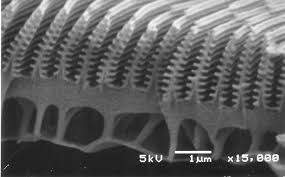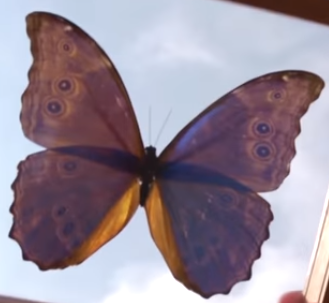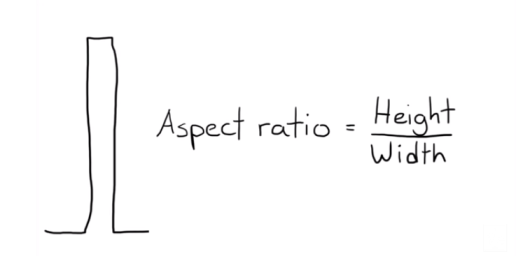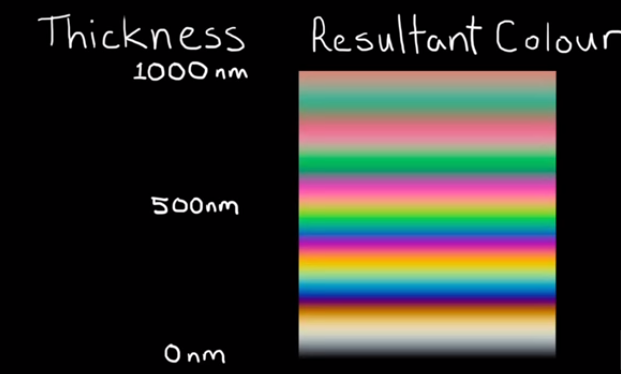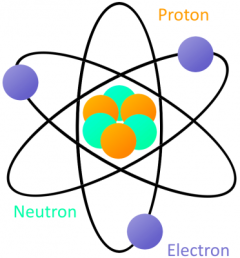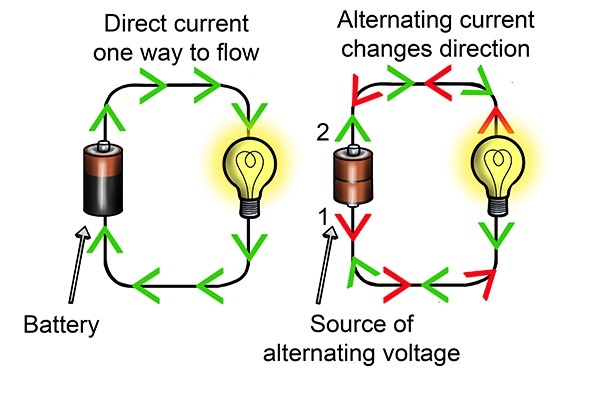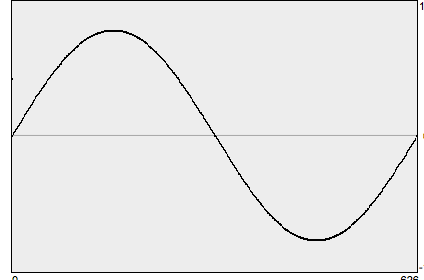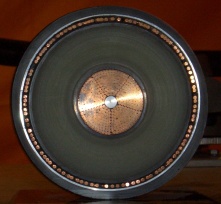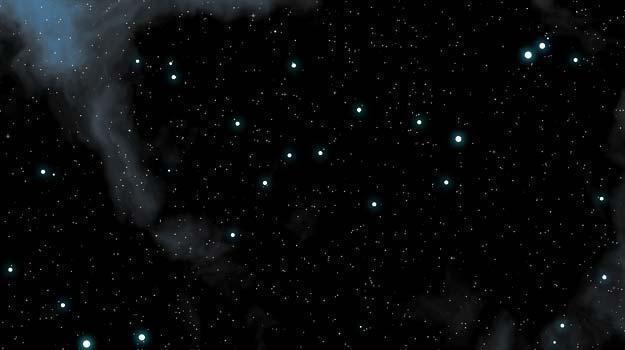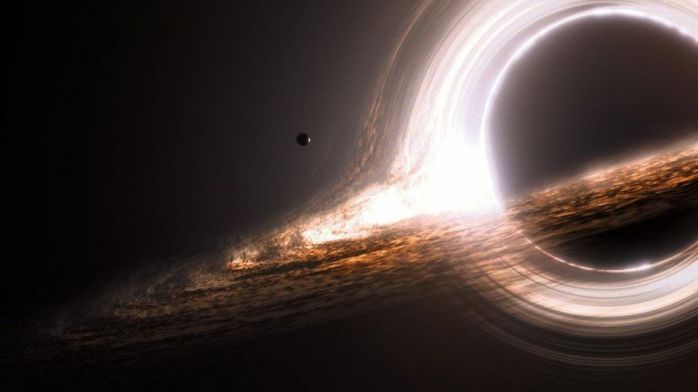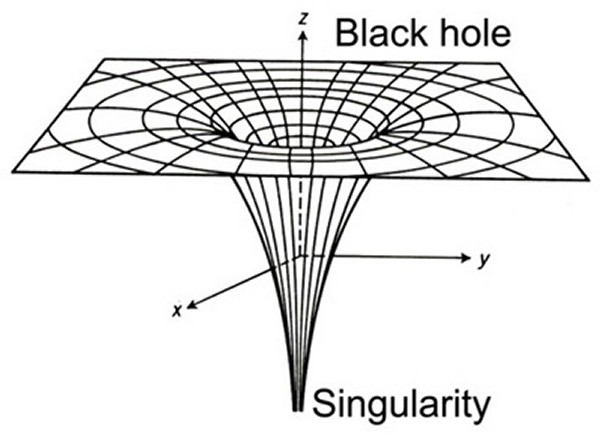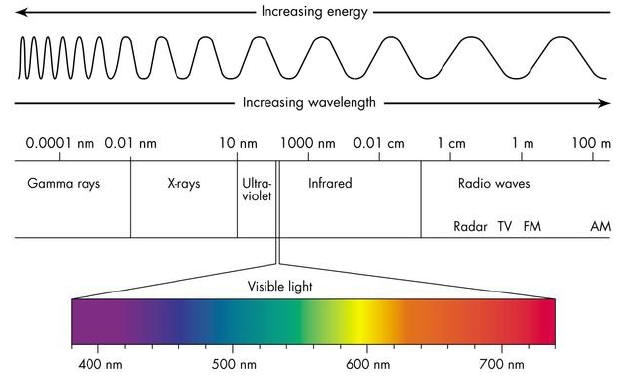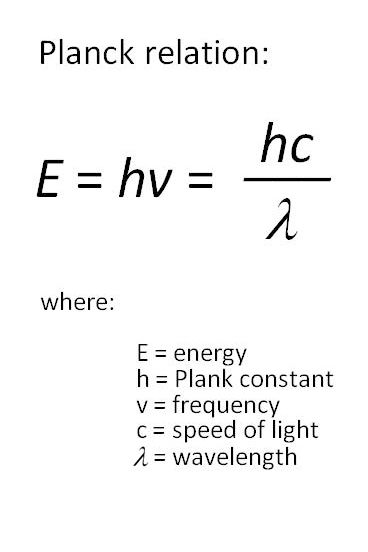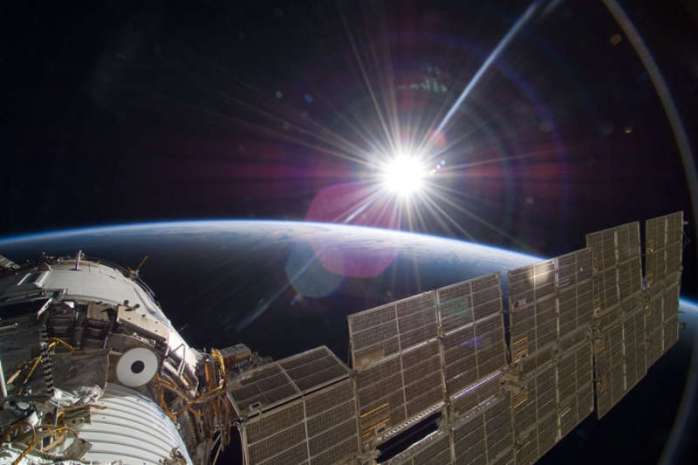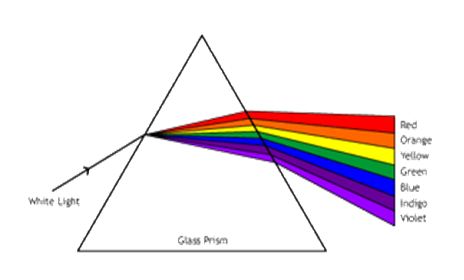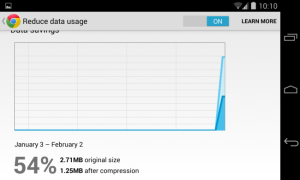Date: 14-09-2015
Location: Bangalore
Monsoon at its peak. Rain bearing clouds showering and thundering across the landscape. I was getting started at my new office. A space research institute. Fascinating work. A thunderous afternoon with the sound reverberating in the corridors of a dead quiet office. I was chatting with my colleague who was working on the brand new gravitational wave detector. Just discussing the possibility of detecting a gravitational wave and the possibility of listening to the universe talks. This is a brave move by the scientific community to understand the universe and our place in it.
The news was covering this historical event.
At 6’o clock in the morning on September 14 2015, the scientists and engineers witnessed something no human had ever seen, two black holes colliding 1.3 Billion years ago in a galaxy far, far away as they violently spiraled into each other. Both about 30 times as massive as our own Sun. They had been orbiting each other for millions of years. As they got closer together, they circled each other faster and faster. Finally, they collided and merged into a single, super massive black hole. A fraction of second before their crash, they sent a vibration across the universe at the speed of light. They created travelling distortions in the fabric of space-time; Gravitational waves. The energy released in these waves was 50 times greater than the energy being released by everything else in the entire observable universe combined. I was flipped by the amount of energy released. It’s an awe inspiring kind of energy.
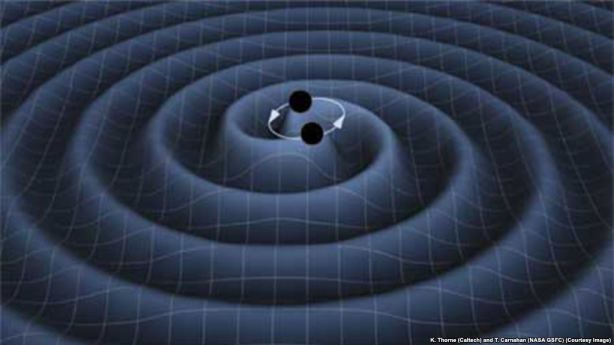
After about a billion years, here on earth these waves were picked up by a detector called Laser Interferometer Gravitational Wave Observatory or LIGO. The signal lasted only for 200 milliseconds.
What are these ripples in space ?
The answer starts with gravity. The force that pulls any 2 objects together. That’s the case for everything in the observable universe. The more mass something has, more the gravitational pull. The farther away the object, the lower is the pull. If every mass has an effect on every other mass in the universe, then changes in gravity can tell us about what those objects are doing. Fluctuations in the gravity coming from the universe are called gravitational waves. They move out like ripples in a pond, getting smaller as they travel farther from the center.
Like water has water ripples. What do gravitational waves ripple on ?
Let’s go to 1916. Best time of scientific inventions and discovery. When Einstein devised his theory of relativity, he imagined gravity as a curve in a surface called Space-time. A mass in space creates a depression in space-time just like a ball on a cloth creates a depression. All the planets, stars and the moons are sitting on this space-time. No one knows what space-time is made off. The bigger the mass, deeper the depression and stronger the gravity. When the mass moves in space-time it creates gravitational waves.
What would a gravitational wave feel like ?
If our bodies were sensitive enough to detect them, we would feel like we were stretched sideways while being compressed vertically and vice versa. This happens on a very minute scale that we can’t feel any of it. So, we built the detectors to feel it for us.
When the gravitational waves passed through the earth, everything and everyone on it, including you are stretched and pulled at the same time.
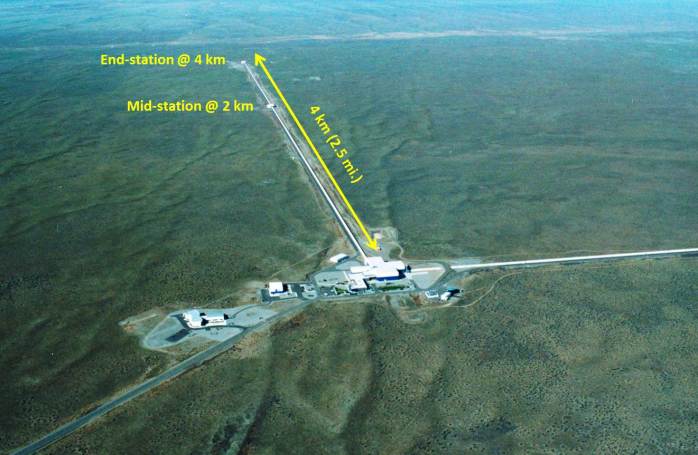
LIGO – An L shaped detector.
Gravitational waves are like radio waves, they are all around you but you cannot feel them.
After spreading throughout the Universe at the speed of light for over a billion years, the waves reached earth, where they stretched and squeezed space such that 2 light beams travelling in perpendicular pipes were put slightly out of step allowing humans to detect the existence of gravitational waves for the first time.
That is a simple enough story to tell. This story hides the absurdity to what was required to make that detection.
So, what is the absurdity in detecting them ?
Firstly, the main problem with detecting gravitational waves is that they are tiny. They stretch and squeeze space by 1 in 10^21 meters. To detect such tiny wiggles, the scientists and engineers had to measure over a large distance as possible, which is why the arms of the interferometers are 4 km long. Even with arms this long, gravitational waves vary the length of the arms by at most 10^-18 meters. So the detector has to be able to reliably measure the distance just 1/10000 the width of a proton. It is the tiniest measurement ever made. Imagine a hydrogen atom, take the proton of that atom and then measure only a fraction of it’s movement. That is the level of measurement that we are talking about.
So, with the measurement that small. how is it possible to precisely measure considering all the other sources of vibration and noise in the environment such as earthquakes, traffic, storms. etc ?
The mirrors are the smoothest ever created. They weigh 40 kg. These mirrors are suspended by a silica wire just twice the thickness of the human hair to isolate them for their environment. The only way to be certain not to be tricked by environmental noise was to build 2 detectors far apart from each other in quiet locations in which gravitational waves pass simultaneously.
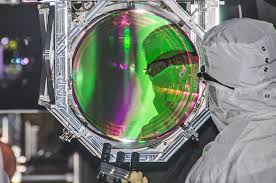
The next challenge is the laser. The laser needs to provide one and exactly one wavelength. Massive machinery in bone cold chilled rooms make the light wave to be almost exactly one wavelength. The light stability is precisely calculated to be 10^-6 meters.
The wavelength is exactly 1064 nano meters – infrared light which has the wavelength of 10^-6 meters.
But wait, how can you measure 10^-18 meters with 10^-6 meters ?
It is like measuring your height with a single 15 cm scale.
If your scale size is changing all the time, how do you expect to make a measurement. Here light is our scale. So, the scientists measured the interference with slightly darker and slightly brighter sections when the light wave interferes with the gravitational wave. This measurement is possible because the light is discrete in the packets called photons.
Thirdly, the length of the arm is 4 km long and the light may die out due to quantum uncertainty principle. So higher number of photons means lower the uncertainty. This is why the laser power in the arm is 1 megawatt. That is enough energy to power a thousand homes, in light beam. If you would come in the way of the laser, then you would be vaporized. Even with a perfect laser and the power, the light can interfere with the air molecules in the arm. So all the air in the arms of the detectors had to be eliminated and it took 40 days to pump down to just a trillionth of atmospheric pressure and arms had to be heated to the temperature of a oven to expel any residual gases.
Since gravitational waves stretches space-time, the light travelling through should be stretched as well. If everything is stretching, how do you know anything is stretching ?
That is the conundrum. This doesn’t make any sense.
This is a bogus thing, shut it down !!
The amount of time it takes for the light to go down the tube and come back is very short. When the gravitational wave comes through, the light gets stretched. So, the scientists are sending a continuous pulse of light beams, the light goes down and comes back, this is the older light and then the newer light and so on. During the gravitational wave, the light requires a longer time to go and come back as the space is stretched out. Doing this over and over again computes the interference pattern to detect the gravitational wave.
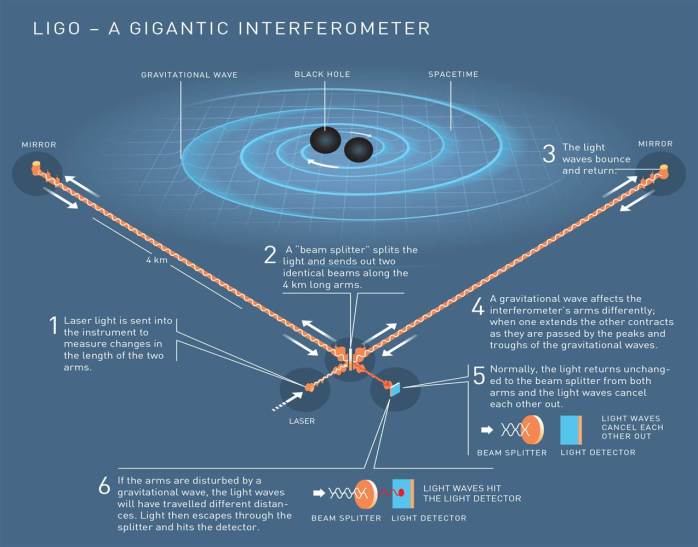
One of things that limit the sensitivity of the detector is quantum mechanics. It’s a whole new topic to talk about. Let’s not kill my neighbor’s Schrodinger cat.
Scientists and Engineers are using their ingenuity to figure our quantum noise and eliminate it. I am with them in this journey.
The information from the device is then analyzed and the scientists derive the information like mass, shape of the orbit, etc. We can also hear the gravitational waves by playing the signal through the speakers. Other astronomical events such as a supernova, neutron stars colliding create a gravitational wave too which spread across the space time fabric. Every time we create a new tool to look at space, we discover something we didn’t expect, something that might revolutionize our understanding of the universe.
https://www.ligo.org/detections/ringtones/gw150914.mp3
You can hear the sound of the black holes colliding in this audio. The graph plots the interference pattern with the laser beam.
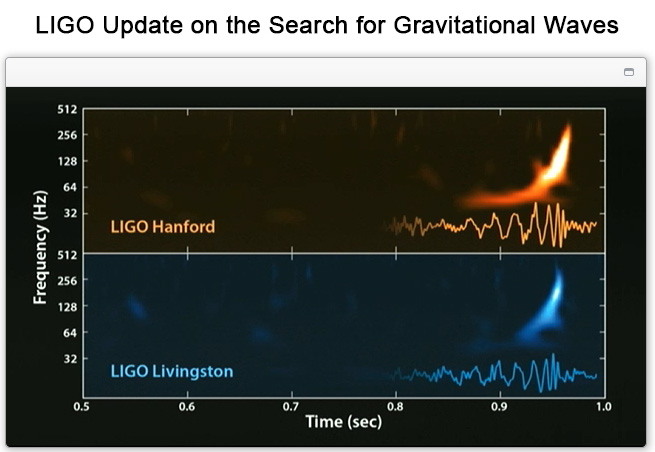
Who knows what revelations may be now propagating across space towards our tiny blue planet and its new way of perceiving the universe.
When the black holes collided, the energy was brighter than all the stars in all the galaxies in the entire universe.
1.3 billion years ago, earth had just started to evolve multi cellular life. Yes, the event took place when earth was an infant. Corals, fish, plants, dinosaurs, people and the internet. This is brilliant nuts.
Detectors like these are popping all around the planet. INDIGO or IndIGO (Indian Initiative in Gravitational-wave Observations) is a consortium of Indian gravitational-wave physicists. A site in the Hingoli district in Maharashtra is to be commissioned in 2025. I am proud that I have personal connections to the people who work there.
LIGO is a way to hear the universe. A new way to look at the universe. We can study the core of the stars. Normal telescopes cannot peak through the kilometers of silicon and carbon and hydrogen, but LIGO can pass through it like a light through glass.
What is more audacious than to listen to the universe, to listen to the big bang. Our job now is to dream big. The frontier is everywhere. Dream with me.
To Gravity,
Vishal
Just a normal guy.
